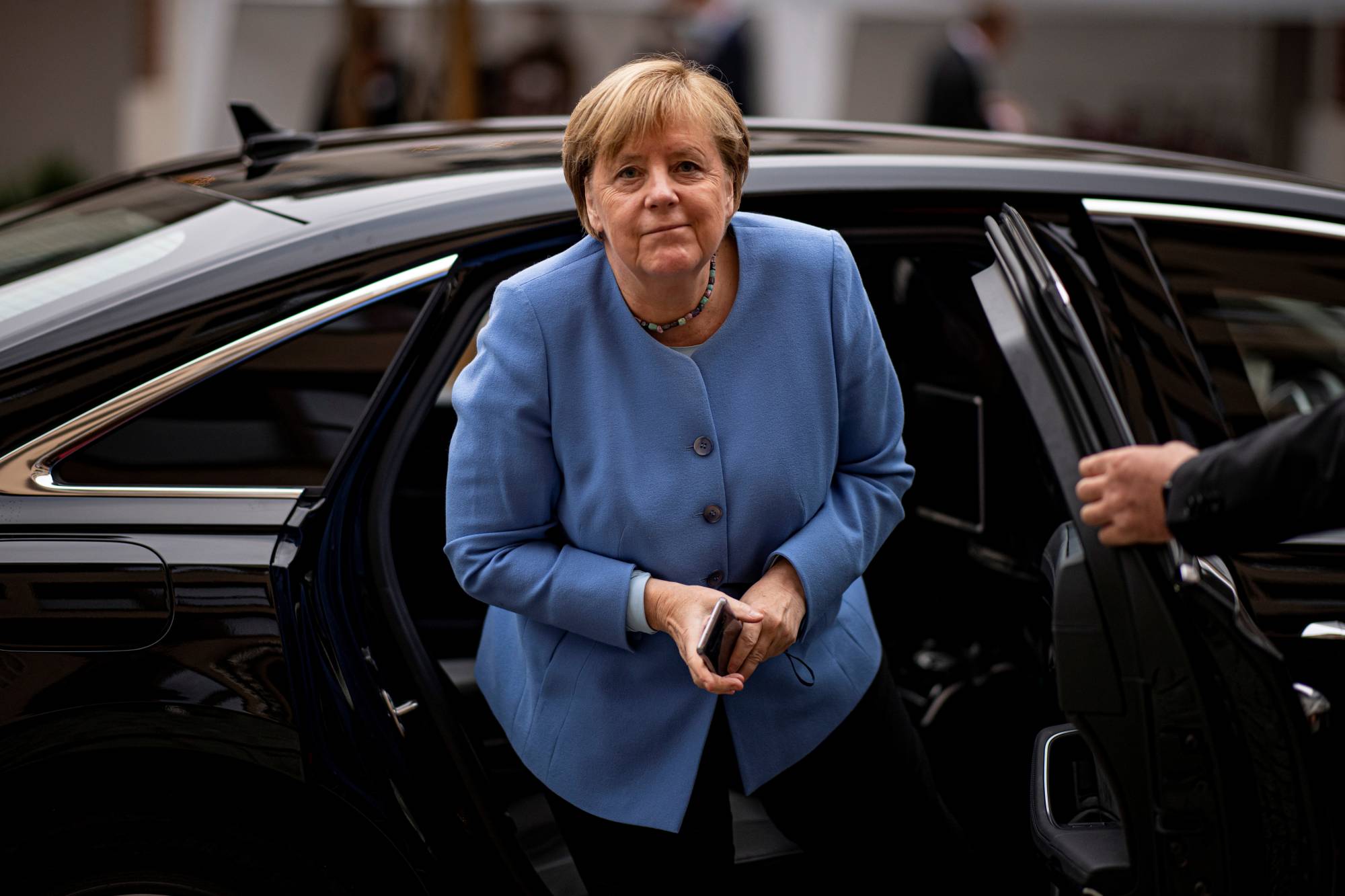After 16 years in office, Angela Merkel is stepping aside as Germany’s chancellor.
While other countries’ presidents and prime ministers have come and gone, Merkel has remained in power for four electoral terms, generally enjoying high public-approval ratings. But with her Christian Democratic Union (CDU) potentially heading into opposition following Germany’s Sept. 26 federal election, how should we evaluate her long reign?
As the daughter of a Protestant clergyman who had relocated from West Germany to communist East Germany out of personal conviction, Merkel enjoyed privileges there. She was allowed to attend university in East Germany, participated in exchange visits to Moscow, and belonged to her country’s communist youth elite (FDJ) until the age of 35, when the Berlin Wall came down.

















With your current subscription plan you can comment on stories. However, before writing your first comment, please create a display name in the Profile section of your subscriber account page.